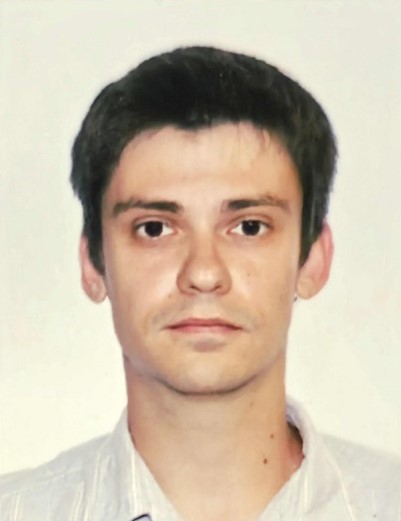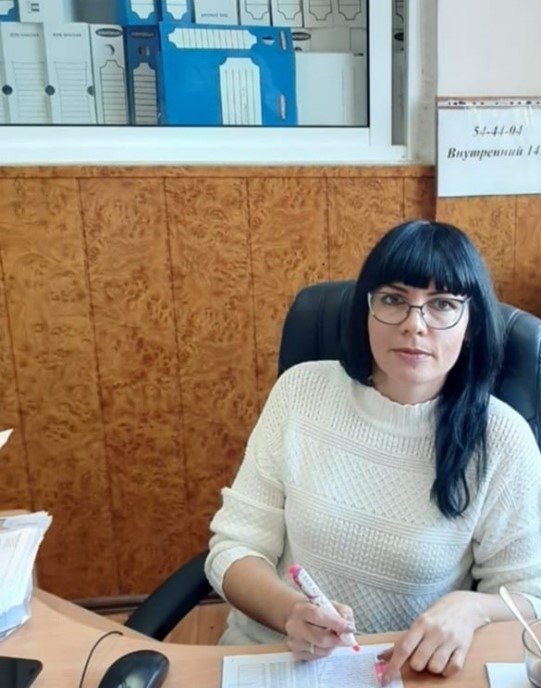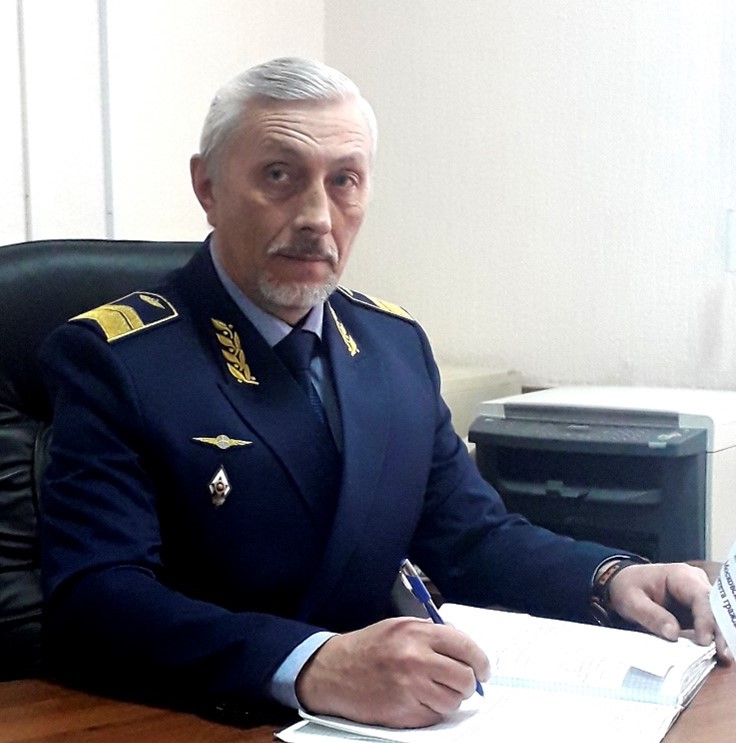Studying gender roles in family education based on russian feature films with university students
DOI 10.51955/2312-1327_2025_3_258Â
Abstract. The article presents the potential of gender analysis of Russian audiovisual media texts on the topic of family and family education in media culture classes with university students. This may include the structure analysis of the plot stereotypes in films of different genres; gender analysis of characters in feature films; analysis of the transformation and evolution of gender roles in films created during different historical periods; comparative analysis of gender stereotypes in Soviet, post-Soviet and modern Russian feature films. Current research mainly touches upon the following topics of gender representation in media production: gender education, gender stereotyping in cinema, gender analysis of media stereotypes, gender conflicts, female images in films, gender inequality in mass media, evolution and transformation of gender roles in the family, gender diversity in mass media, construction of gender in media texts, gender imbalance in cinematographic art.
Keywords: family, family education, cinema, media education, stereotypes, feature film, critical thinking, gender roles, students.
Download article in PDF 417.0 kB






